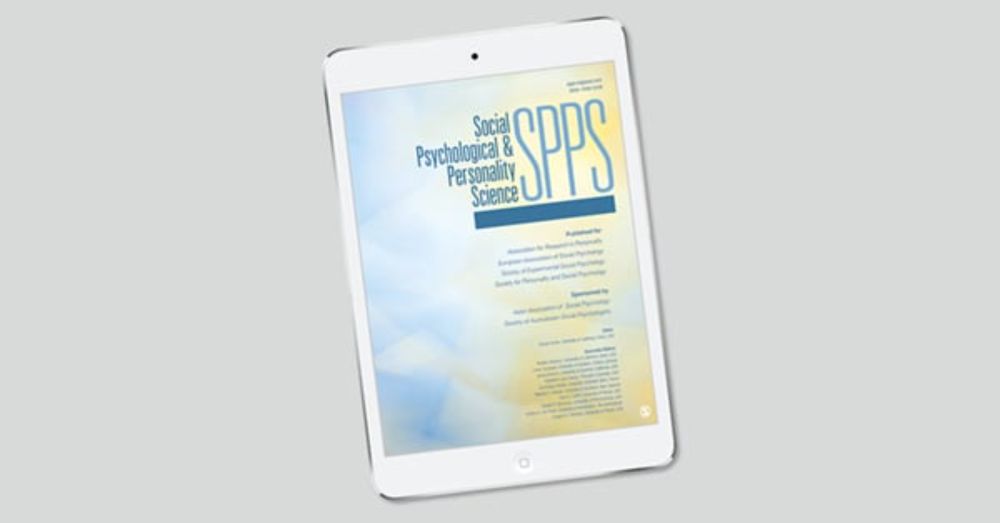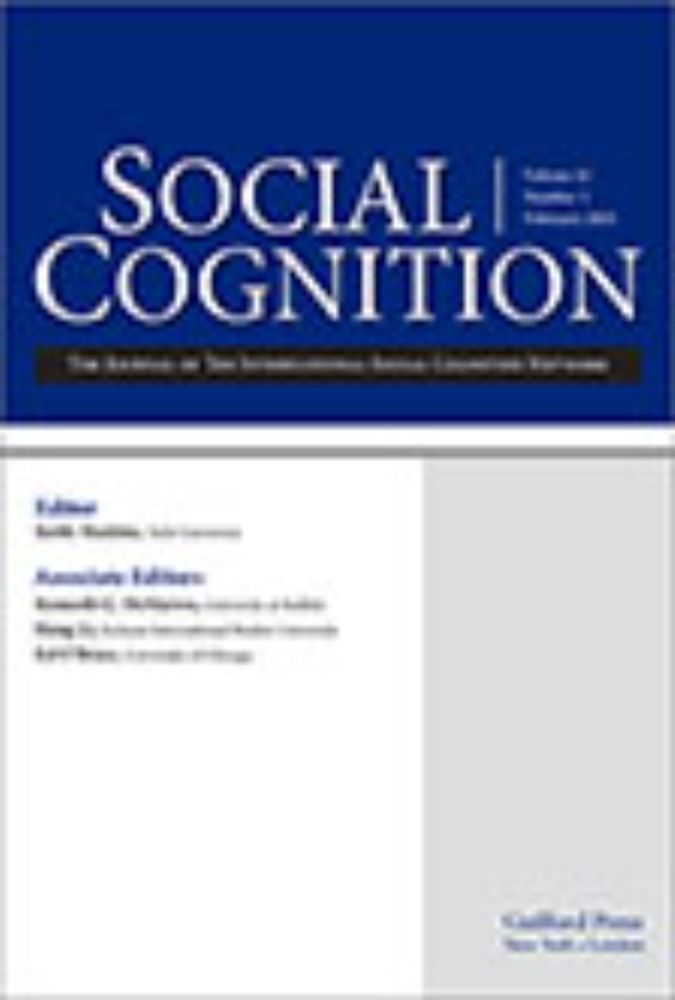Jonah Koetke
@jonahkoetke.bsky.social
180 followers
400 following
3 posts
Postdoctoral Researcher at The Ohio State University studying intellectual humility, political psychology, conflict resolution, and trust in science
Posts
Media
Videos
Starter Packs
Jonah Koetke
@jonahkoetke.bsky.social
· Jun 2

Are There Consequences of Expressing Intellectual Humility Toward Claims Perceived as Established or Moral Truths? Implications for Judgments of Expresser’s Competence and Warmth - Jonah Koetke, Karin...
Prior research has found that people perceive intellectual humility (IH)—the awareness of one’s intellectual limitations—as a positive characteristic. Here, we ...
doi.org
Jonah Koetke
@jonahkoetke.bsky.social
· May 20

Lay Preferences for and Perceptions of Intellectual Humility Across Societal Roles | Social Cognition
Research on intellectual humility (IH)—the awareness of one's intellectual limitations—demonstrates that high levels of self-reported IH are associated with behaviors that are broadly beneficial for i...
doi.org
Reposted by Jonah Koetke
